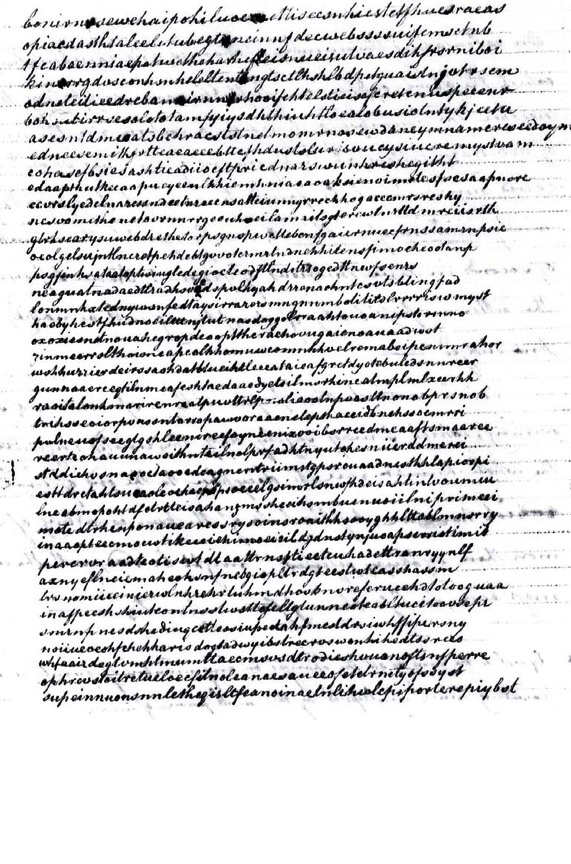Following the serious unrest in the Xinjiang Uyghur Autonomous Region of the Peoples Republic of China that erupted last week, "Xinjiang," "Uyghur," "Urumchi," and other names pertaining to the region have become household words. Unfortunately, people around the world have been confused about how to pronounce these words. This is understandable for several reasons. In the first place, we have to confront both the original Uyghur terms and their full and truncated versions in Mandarin. Second, there is often a plethora of variant romanizations for each name.
Ed Wong, the New York Times correspondent who has been keeping us so well informed about the events as they unfold, told me that the NYT had
"received an email from a reader saying the NYT should change its 'pronouncer' on Uighurs. Right now, in our articles, the editors insert (WEE-gurs) as the pronouncer. One reader said this is not the correct pronunciation, and sounds strange to the Turkic speaker’s ear."
As I told Ed, it would have been helpful if the person who sent the NYT the e-mail would have indicated the correct pronunciation, not just told them that WEE-gurs sounds wrong.
In an attempt to clarify how the most important Xinjiang names are actually pronounced in Uyghur and in Mandarin, I here provide various orthographic forms along with audio clips. As to what sort of "pronouncers" should be developed for the major media, presumably to represent appropriate Americanized pronunciations, I invite suggestions.
[Update: I give "pronouncers" and recordings of suggested American English renditions in a later post, "American English pronunciation of Uyghur proper nouns", 7/15/2009.)
Read the rest of this entry »
 I've observed from time to time, half-seriously, that the ambiguity of plural noun-phrase comparison ("women have better hearing than men") causes — as well as results from — the tendency to interpret small group differences as essential group characteristics (e.g. "
I've observed from time to time, half-seriously, that the ambiguity of plural noun-phrase comparison ("women have better hearing than men") causes — as well as results from — the tendency to interpret small group differences as essential group characteristics (e.g. "